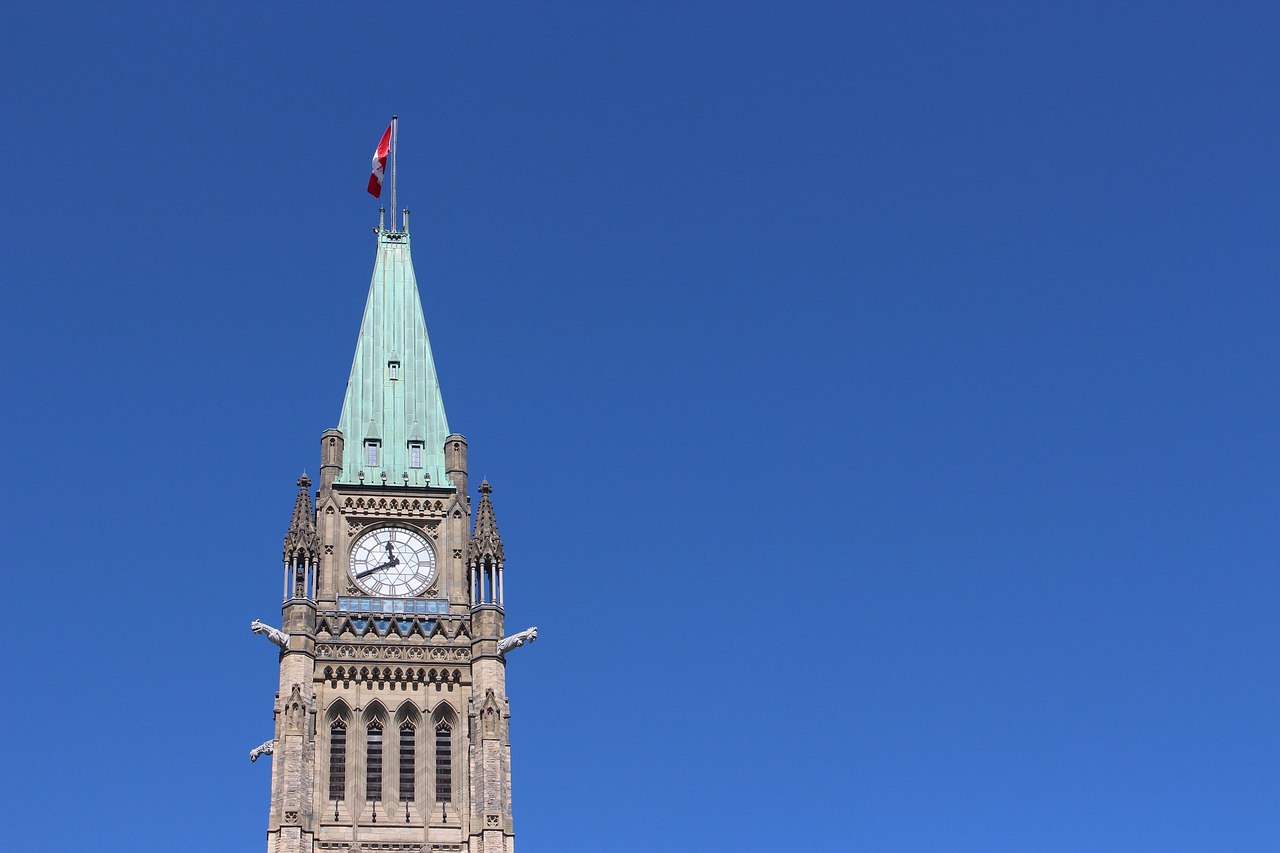
Setting up the Fall Fiscal and Economic Statement
Deputy Prime Minister and Finance Minister Chrystia Freeland will introduce the Liberal government’s Fiscal and Economic Statement on Tuesday, November 21. The update will represent the government’s latest attempt to regain control of the political agenda as it struggles with falling support in the polls and internal dissension. This will be no easy feat, given the worsening economic outlook and lingering inflation. Freeland has signalled that the government will focus the update on affordability and increasing housing supply, which are familiar themes in 2023.
The Liberals approach the final weeks of 2023, facing the most challenging political environment of their eight years in office. According to most recent polls, the governing party trails the opposition Conservatives by double digits. Weakening support for the government appears to be driven by overall fatigue with Prime Minister Justin Trudeau. The Liberal government has appeared divided and disoriented in recent weeks, with Liberal Members of Parliament showing open divisions over the conflict in Gaza, while Trudeau’s decision to delay the carbon tax on home heating oil provoked controversy, alienating supporters of his carbon pricing system while spurring demands for further delay.
Meanwhile, the government’s overall legislative agenda moves at a snail’s pace. There are 32 government bills on the Order Paper at the time of publication, including significant pieces of legislation such as C-26 (cybersecurity), C-27 (privacy) and C-34 (foreign investments). The government has succeeded in passing only two bills to Royal Assent since the beginning of the fall.
Despite facing several pressures, Prime Minister Trudeau has expressed his intention to remain in office and fight the upcoming election campaign. At the Liberal Party of Canada (Quebec) annual general meeting held in Trois-Rivières in November, he emphasized the difference between himself and Pierre Poilievre. Trudeau stressed the importance of reducing “turbulence” and focusing on delivering concrete results for Canadians before the next election. He said that “the choice we will have to make in the next election is very clear. In a context where we are still recovering from a pandemic, when there are major challenges here and across the world, do we want the optimistic Liberal vision? Or the Conservative pessimistic view?”. The contrast was well-received by Liberal convention delegates who were looking for a political rallying cry in a challenging environment.
Parliament is scheduled to sit until December 15, offering four more gruelling weeks before the holiday break. Although the Liberal-NDP Supply and Confidence Agreement aims to prevent an election before 2025, election speculation persists as the forthcoming Pharmacare legislation poses a significant challenge to the agreement. As the focus turns more towards a potential campaign, Parliament has become less functional, with the Conservatives using procedural tactics to slow the government’s agenda in the House and in Committees. The break afforded by the holidays may be short-lived, as this government surpasses the usual lifespan of a minority Parliament, and 2024 begins to look like a potential election year.